
Here are 9 things you need to know about the clinical management of major depressive disorder.

Here are 9 things you need to know about the clinical management of major depressive disorder.
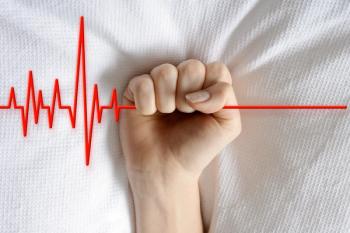
How do we define autonomy?
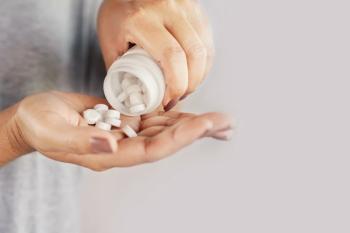
One doctor’s experience with patient suicide.

“The contributions of Black psychiatrists are essential for us achieving the work, achieving our goals, and really leaning into what we find to be our ‘why’ for why we do this work.”

How can psychiatrists collaborate within the treatment team to help patients on the path to ongoing recovery?

Patients with serious mental illness and substance use disorders are expected to be particularly affected by these changes.

How are you celebrating Mardi Gras?

Approximately 30 million individuals will be diagnosed with an eating disorder in the United States during their lifetime.

American Presidents and APA Presidents celebrate today…

From noninvasive brain stimulation treatment for acquired brain injury to an update on the prior authorization process, here are highlights from the week in Psychiatric Times.
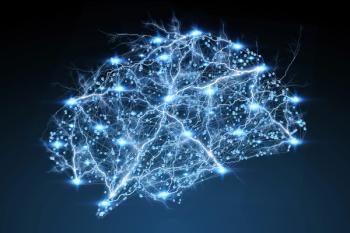
"20% to 30% of patients develop a persistent, hard-to-treat illness."
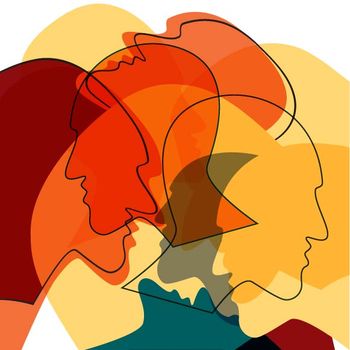
Although psychotherapy is a core treatment in psychiatry, it is currently underutilized in the management of schizophrenia.
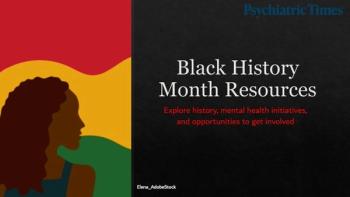
Here are 6 places you can visit to learn more about Black History Month and mental health resources for Black communities.

Do you have any songs with special meaning to you?

Black history is American history and world history.

"There are a number of themes in my book, and one of them is to subtly bust the myth that people who get diagnosed with serious mental illness cannot recover."

Do you have regrets?
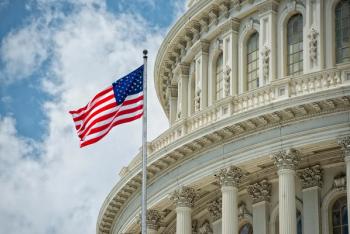
"The Improving Seniors’ Timely Access to Care Act would make it easier for older patients to get care by modernizing the prior authorization process."

Fatigue is a very common physical complaint. What therapeutic options are available?

"I remember sitting like my patients when time expired, entire lives grasped in a 50 minute hour..."
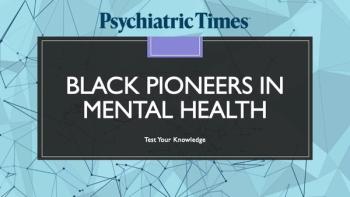
How well do you know the immense contributions of African Americans to the mental health field? In honor of Black History Month, Psychiatric Times™ invites you to test your knowledge!
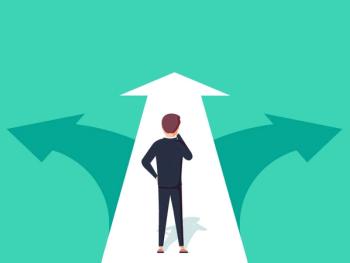
What if defining and treating disease is not, after all, the primary function and mission of psychiatry?
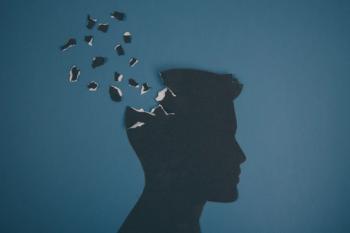
There is very modest evidence that clozapine may be associated with improvement of catatonia.
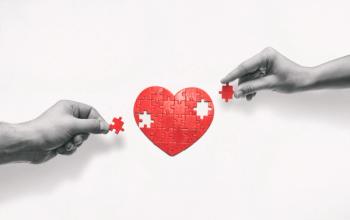
This Valentine’s Day may serve as a message to Americans…
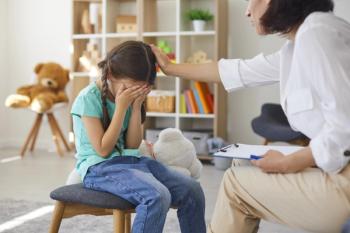
Leaders from across the United States aim to work together to develop bipartisan solutions for the youth mental health crisis.
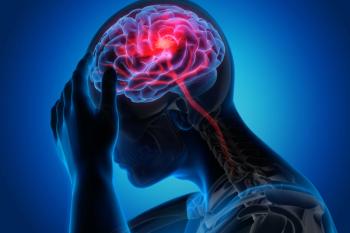
"rTMS and tDCS allow for controlled and targeted neuromodulation, and when combined with other therapeutic approaches, they may produce superior outcomes."

The perilous politics of involuntary treatment…

Superbowl Sunday: what are the mental health implications?

From the impact of patients’ overdose deaths on physicians to addressing America’s mental health crisis, here are highlights from the week in Psychiatric Times.
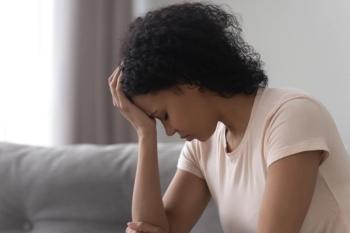
“We are not exempt from these diseases. We have to speak up.”